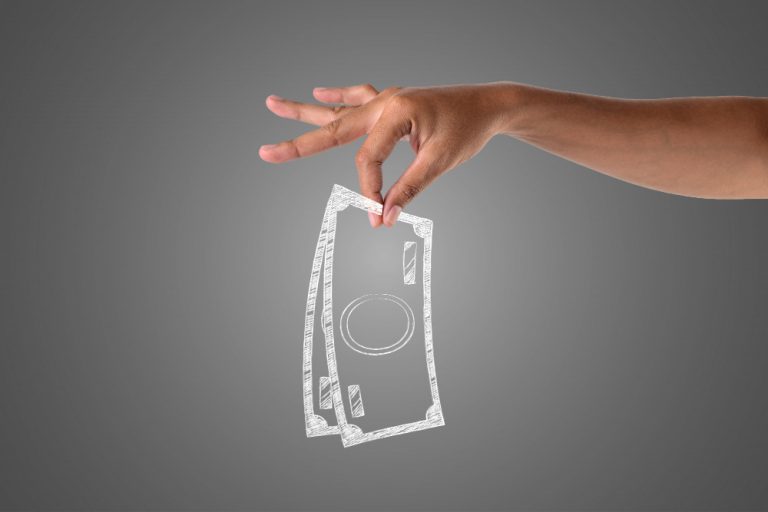The prepaid cards, a youth solution
Prepaid cards, also known as reloadable cards, are becoming an increasingly popular solution among young people for making payments in a simple and convenient way. These cards work similarly to credit or debit cards, but instead of being linked to a bank account, they are preloaded with a predetermined amount of money.

They are also a good option for young people who do not yet have a bank account or who prefer not to link their daily expenses with their main bank account. They are also useful for those who want to better control their expenses and limit the money available on the card, which can be a good way to avoid overspending.
Advantages of prepaid cards or reloadable cards
Some of the advantages we can find include:
- Ease of use: They are very easy to use, as you only need to load them with the money you want to spend and then use them like any other credit or debit card.
- Security: Since they are not linked to a bank account, they limit the risk of fraud and bank data theft.
- Expense control: By setting a spending limit, you can have greater control over your expenses and avoid overspending.
Disadvantages
- Limitations of use: Some of these cards can only be used in certain establishments, which can be a problem if you need to make a purchase at a place where this type of card is not accepted.
- Usage fees: In some cases, they may charge fees for reloading or withdrawing money, which can increase the long-term cost of use.
- Loss of benefits: They may not offer the same benefits as credit or debit cards, such as reward points or protection against fraudulent purchases.

In conclusion, prepaid cards are a good option for young people who want to control their expenses and avoid excessive debt, but it’s important to consider the pros and cons before choosing this payment option. If you decide to use a prepaid card, make sure to choose one with low fees and that suits your usage needs.







